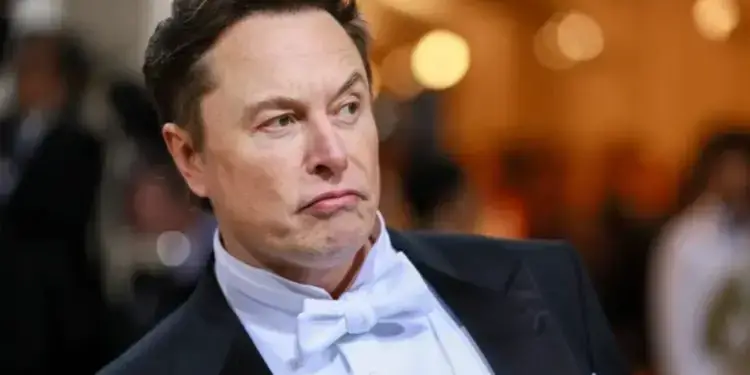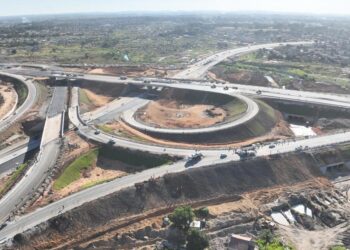A recent legal battle in the US state of Delaware has led to the nullification of a staggering $55.8 billion ( over R1 trillion) pay deal awarded to Elon Musk by Tesla back in 2018. The lawsuit, initiated by a concerned shareholder, contested the exorbitant nature of the compensation, which has now been deemed unjust by the court.
Judge Kathleen McCormick, presiding over the case, described the compensation as “an unfathomable sum” and criticised the flawed process that led to its approval. She ruled in favour of cancelling the contract, citing its unfairness to shareholders.
During the week-long trial that commenced in November 2022, it was revealed that the compensation package, hailed as the largest in US corporate history, was intricately tied to performance targets and Tesla’s financial metrics. However, the plaintiff argued vehemently that Musk had been overcompensated.
In her 201-page ruling, Judge McCormick pointed out that Tesla directors had been swayed by Musk’s “superstar appeal” and had failed to ensure fairness in the compensation process.
She highlighted Musk’s extensive ties with the officials involved in negotiating the pay award, including a longstanding relationship with the compensation committee chair and another committee member.
In response to the ruling, Elon Musk took to social media, expressing his dissatisfaction with the jurisdiction of Delaware and recommending alternative states for incorporation.
He also hinted at the possibility of Tesla changing its state of incorporation to Texas, where its physical headquarters are located.
Writing on X, Musk said: “Never incorporate your company in the state of Delaware”.
“I recommend incorporating in Nevada or Texas if you prefer shareholders to decide matters”
The ruling, however, can be appealed to the Delaware Supreme Court, leaving the final outcome of this legal saga uncertain.
The BBC reports that Tesla’s shares experienced a dip in extended New York trade, reflecting the market’s reaction to the ongoing controversy.
Elon Musk’s significant stake in Tesla, coupled with his multifaceted business ventures, underscores his formidable influence within the company and the broader tech industry.
His concerns about Tesla’s direction, particularly regarding investments in artificial intelligence (AI) technology, have been a subject of public discourse.
While Musk advocates for greater control over Tesla’s decision-making processes to safeguard against potential takeovers, critics argue that such dominance may undermine shareholder interests and corporate governance principles.
The nullification of Elon Musk’s colossal R1 trillion pay deal stands as a testament to the importance of accountability and fairness in corporate governance. As legal battles persist and debates over executive compensation intensify, the outcome of this case could set a precedent for future dealings within the corporate landscape.
Source iHarare










